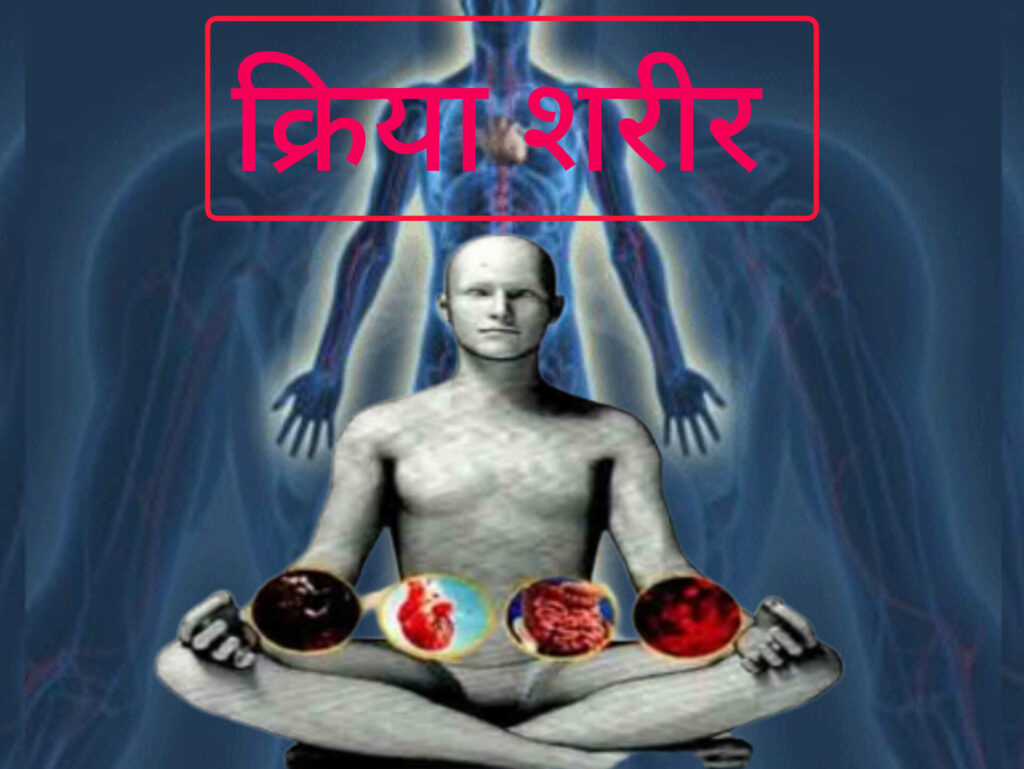
Kriya Sharir (also spelled Kriya Sharira) is a fundamental branch of Ayurveda that deals with the study of the normal physiological functions of the human body. It is often compared to modern physiology but is deeply rooted in Ayurvedic principles.
Key Aspects of Kriya Sharir:
- Study of Normal Body Functions – It explains how different body systems (digestive, respiratory, circulatory, nervous, etc.) function under normal conditions.
- Based on Ayurvedic Principles – It incorporates concepts like:
- Tridosha (Vata, Pitta, Kapha) – The three bioenergies governing physiological processes.
- Sapta Dhatu (Seven Tissues) – Understanding the formation and nourishment of tissues (Rasa, Rakta, Mamsa, Meda, Asthi, Majja, Shukra).
- Agni (Digestive & Metabolic Fire) – How digestion and metabolism influence health.
- Mala (Waste Products) – Proper elimination of waste (urine, stool, sweat) for maintaining health.
- Prakriti (Body Constitution) – How individual physiological differences (Vata-dominant, Pitta-dominant, Kapha-dominant) affect bodily functions.
- Ayurvedic Concepts like Ojas, Tejas, and Prana – Vital energy, radiance, and life force in the body.
Comparison with Modern Physiology:
While modern physiology explains bodily functions through anatomy and biochemistry, Kriya Sharir integrates energetic (Dosha-based) and holistic principles to understand health and disease.
Importance in Ayurveda:
- Helps in diagnosing imbalances leading to disease.
- Guides preventive healthcare (Dinacharya, Ritucharya).
- Forms the basis for treatment principles in Ayurveda.
